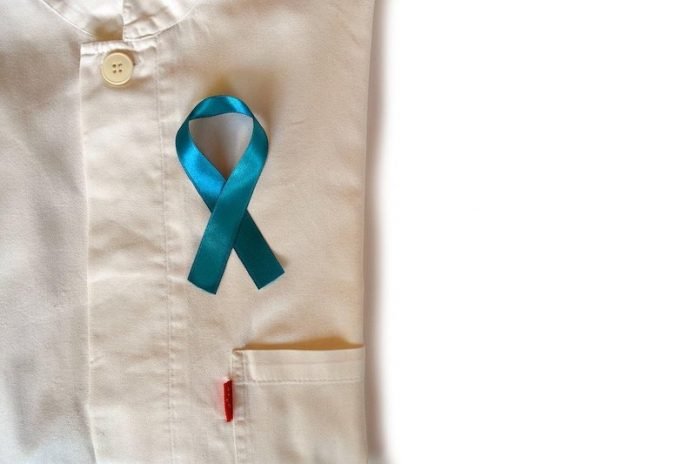
Scientists from Cedars-Sinai Cancer found that a combination of androgen deprivation therapy—a commonly used hormone injection—plus pelvic lymph node radiation, kept nearly 90% of clinical trial patients’ prostate cancer at bay for five years.
They found that patients with prostate cancer who didn’t receive androgen deprivation therapy—and who did not receive pelvic lymph node radiation—had a five-year survival of 70%.
The research is published in The Lancet and was conducted by Howard Sandler et al.
Prostate cancer is the most common non-skin cancer in the U.S., affecting 1 in every 6 to 7 men.
While there are rarely early warning signs of the disease, there is a robust screening test that can catch the disease in its earliest stages.
Diagnosis usually accompanies an elevated level of PSA, an acronym for prostate-specific antigen.
Many men diagnosed with prostate cancer will undergo a prostatectomy—the surgical removal of the prostate. After surgery, a man’s PSA level should be near zero.
However, some men start to see their PSA levels rise several years after surgery. This is typically an indication that radiation therapy is needed.
In the study, the team enrolled 1,716 patients between March 31, 2008, and March 30, 2015. Patients were separated into three groups.
Group one received salvage prostate bed radiotherapy—standard radiation targeted to the area in which the prostate used to exist before its surgical removal.
These patients had a median five-year survival of 71%.
The second group received the standard radiation treatment, in combination with androgen deprivation therapy. They had a median five-year survival of 81%.
The third group received salvage prostate bed radiotherapy, androgen deprivation therapy, and pelvic lymph node radiation. These patients had five-year freedom from progression of just over 87%.
The combined treatment approach proved to be the most beneficial approach.
The team says men with postoperative prostate cancer can have excellent outcomes, especially if radiation is given early—when PSA levels are at their lowest—and in combination with proven therapies, as suggested in this new research.
If you care about prostate cancer, please read studies about symptoms, tests, and treatments for prostate cancer, and this daily beverage could help lower prostate cancer risk.
For more information about anticancer, please see recent studies about the stuff in the body that can protect against prostate cancer, fatty liver disease, diabetes, and results showing scientists develop new drug for treating aggressive prostate cancer.
Copyright © 2022 Knowridge Science Report. All rights reserved.



